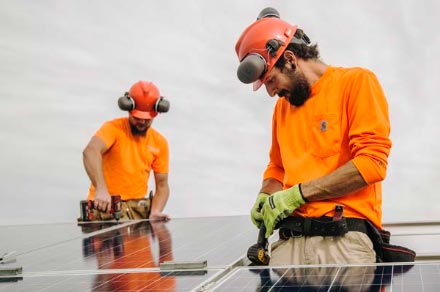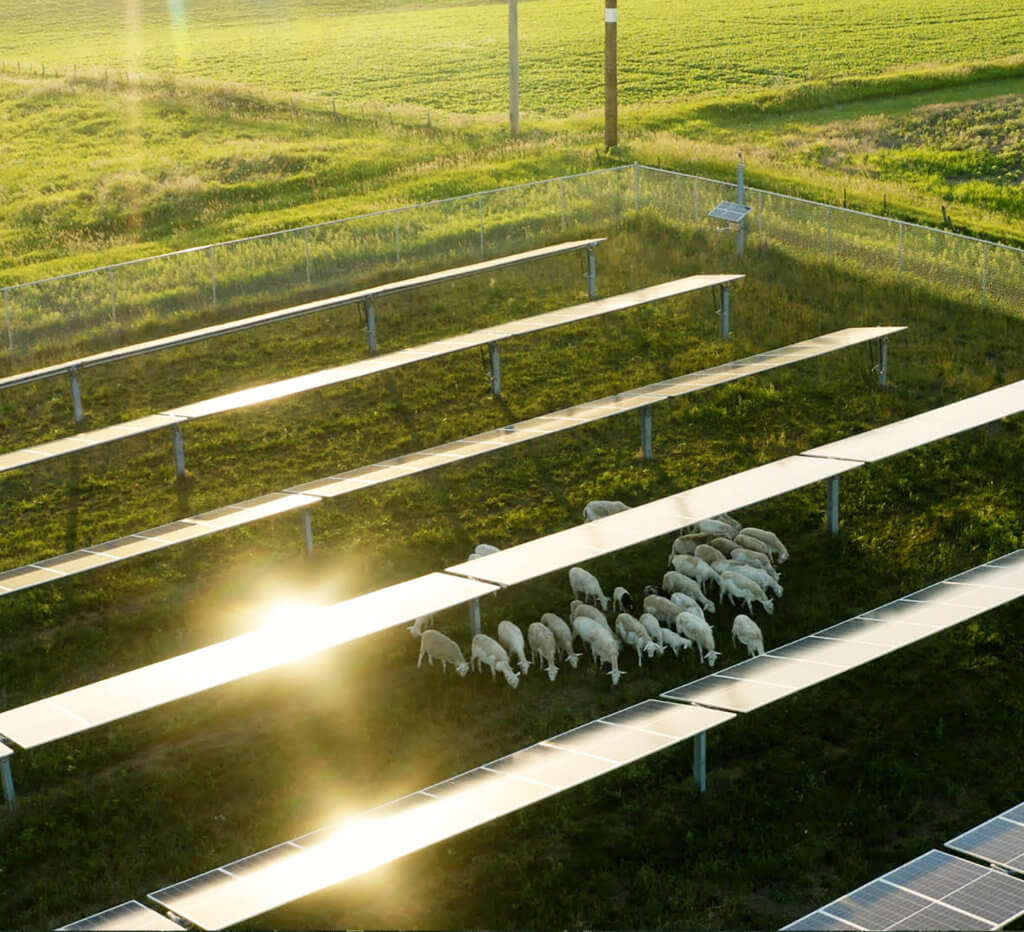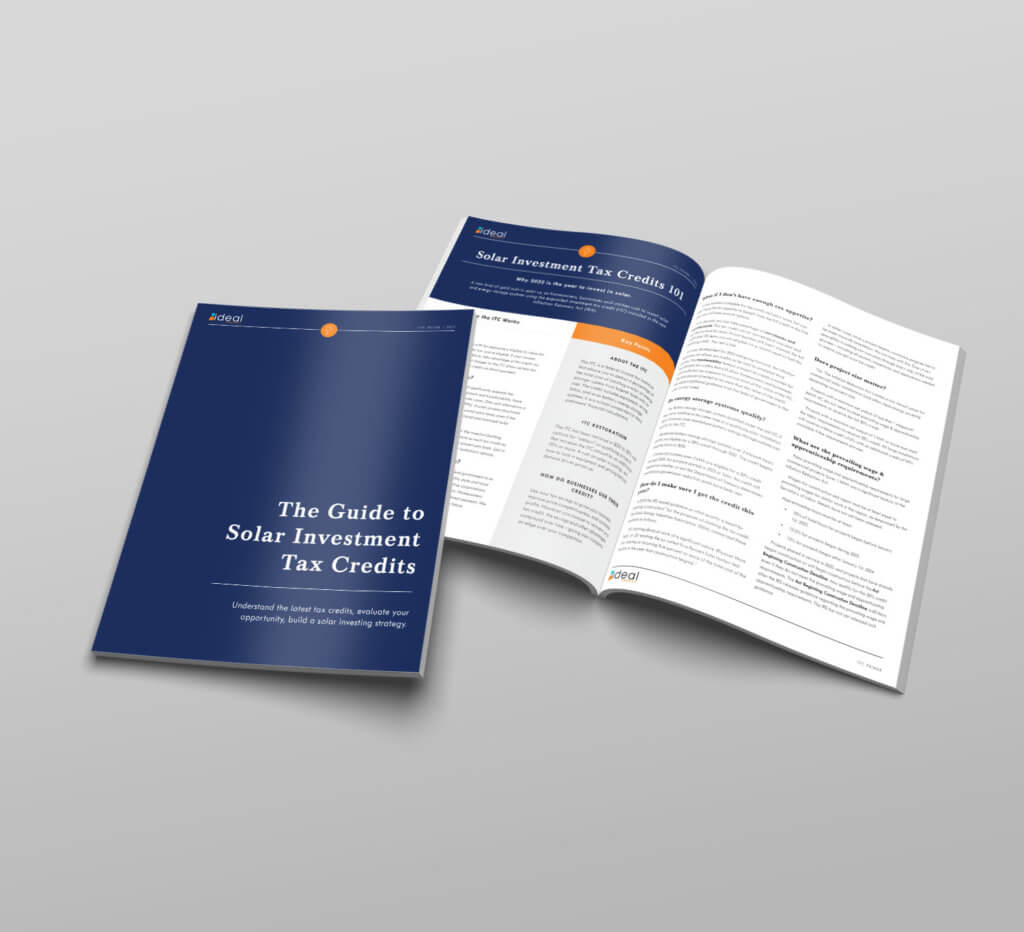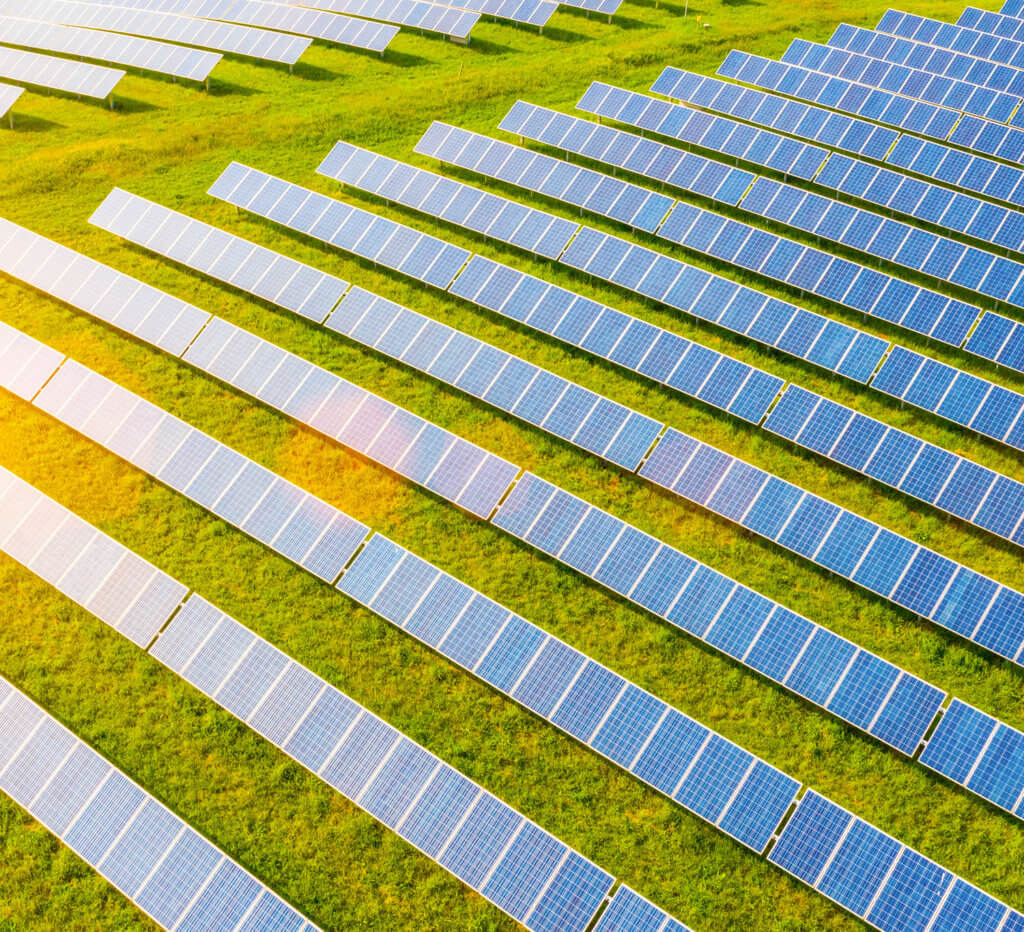White House puts solar panel tariffs on hold for two years and authorizes Defense Production Act to spur U.S. manufacturing
The White House recently announced it would implement a two-year freeze on new solar panel tariffs. In addition, the Biden administration will deploy the Defense Production Act to increase domestic solar panel manufacturing.
On Monday, June 6th, 2022, President Biden declared an emergency related to solar panel availability and ordered the Department of Commerce to suspend any new tariffs on solar panel manufacturers in Cambodia, Malaysia, Thailand, and Vietnam for 24 months. Existing tariffs will be unaffected.
The solar industry was on edge this spring due to supplier issues caused by the specter of new anti-dumping/countervailing tariffs related to a complaint by California solar company Auxin Solar. We reported on that story here. Auxin asked the Department of Commerce to investigate and sanction solar panel manufacturers in Cambodia, Malaysia, Thailand, and Vietnam over allegations that they were helping Chinese polysilicon and solar panel component manufacturers circumvent existing tariffs.
Many suppliers from those nations stopped shipments to the U.S. because they feared tariffs could be retroactive. Prices climbed considerably in April as the solar supply chain tightened and inventory began to dry up.
Although the Department of Commerce will continue the investigation, any resulting tariffs will be put on hold for two years. The freeze on tariffs is meant to provide a measure of stability to the solar industry and help drive prices back down.
In addition, the Biden administration deployed the Defense Production Act (DPA) to incentivize domestic solar module and module component manufacturing. The Biden administration hopes this will increase domestic manufacturing rapidly during the two-year tariff freeze.
As part of a broader package of clean energy policies announced on Monday, the DPA has also been invoked to promote manufacturing of building insulation, heat pumps, critical grid infrastructure, and clean electricity-generated fuels equipment, including hydrogen electrolyzers, fuel cells, and platinum group metals.
These developments are very positive. The combination of a tariff freeze and the use of the DPA should restore stability to the solar industry, and also help bring down prices for our customers over the long term.








